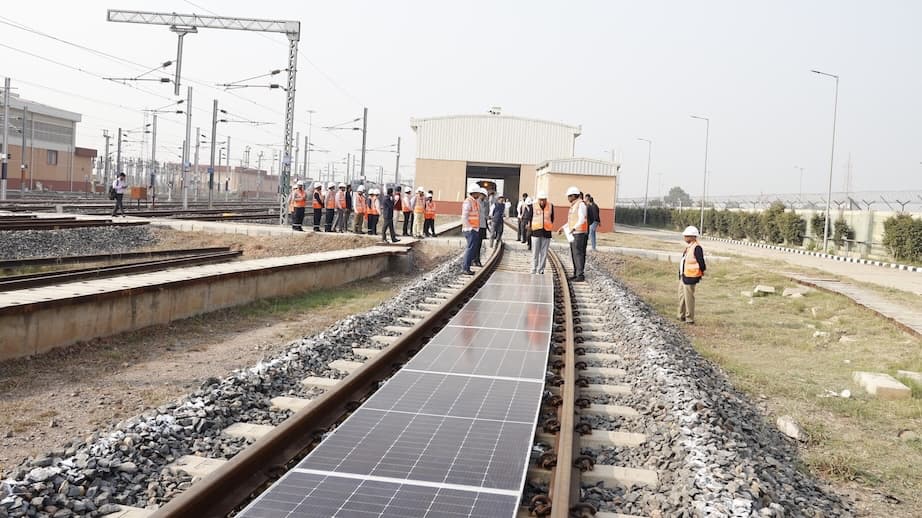NCRTC Installs India’s First Solar-On-Track System in Metro Network
Related Articles
Media Coalition Urges Lifting of Gaza Entry Restrictions for Journalists to Ensure Transparency
The Foreign Press Association of Israel, along with representatives from the occupied Palestinian Territories, has issued a call to action for international stakeholders to...
Zimbabwe National Cricket Team Exit T20 World Cup Despite Brian Bennett’s Record 97
The T20 World Cup has seen the elimination of Zimbabwe during the Super Eight stage, but the team leaves with significant positives, particularly highlighted...
Dinesh Gundu Rao Slams BJP Over Alleged RSS Influence in History Textbooks Amid NCERT Row
On February 26, Karnataka’s Health Minister Dinesh Gundu Rao condemned the central government, claiming it is propagating a history of India based on the...


